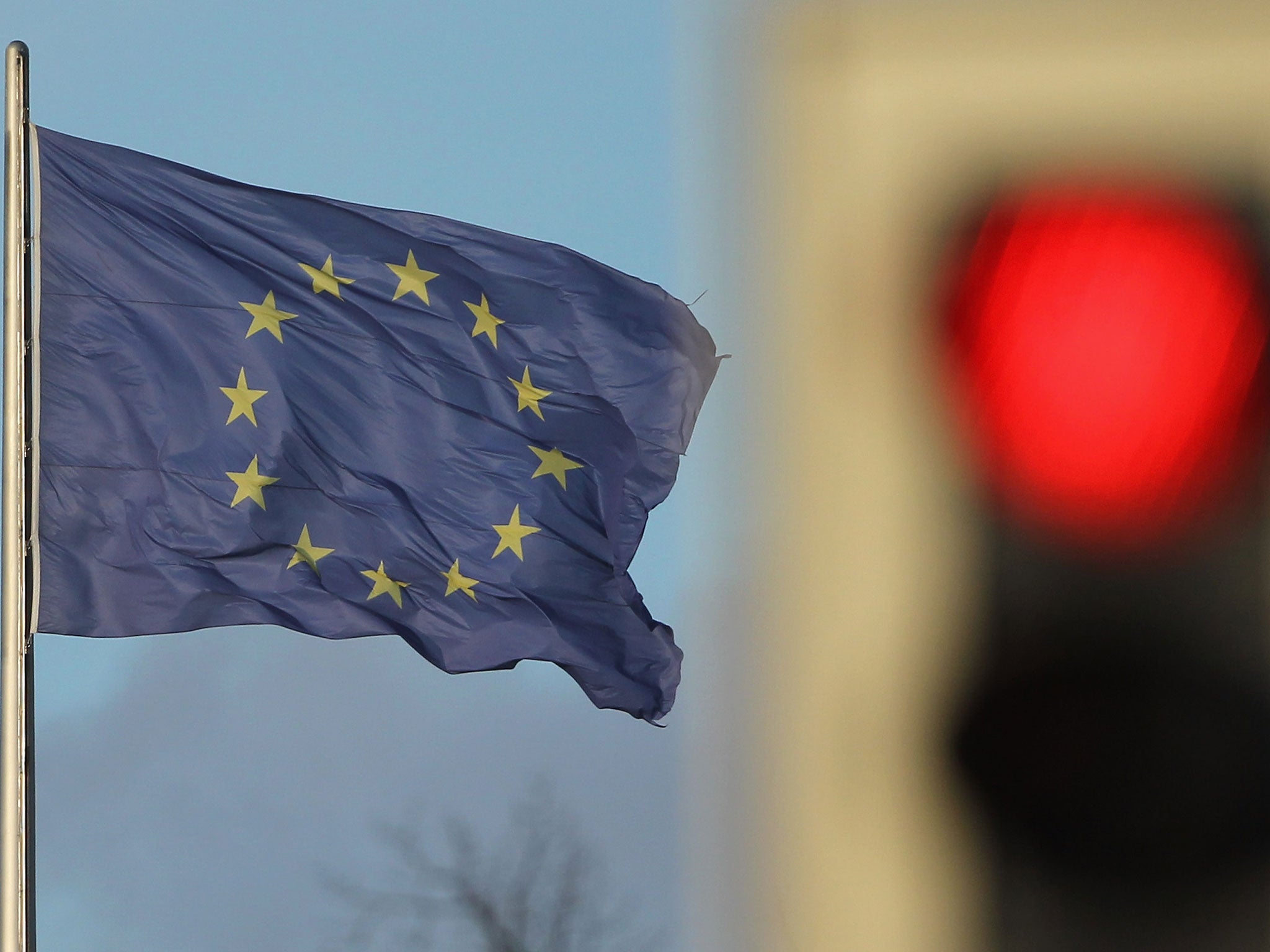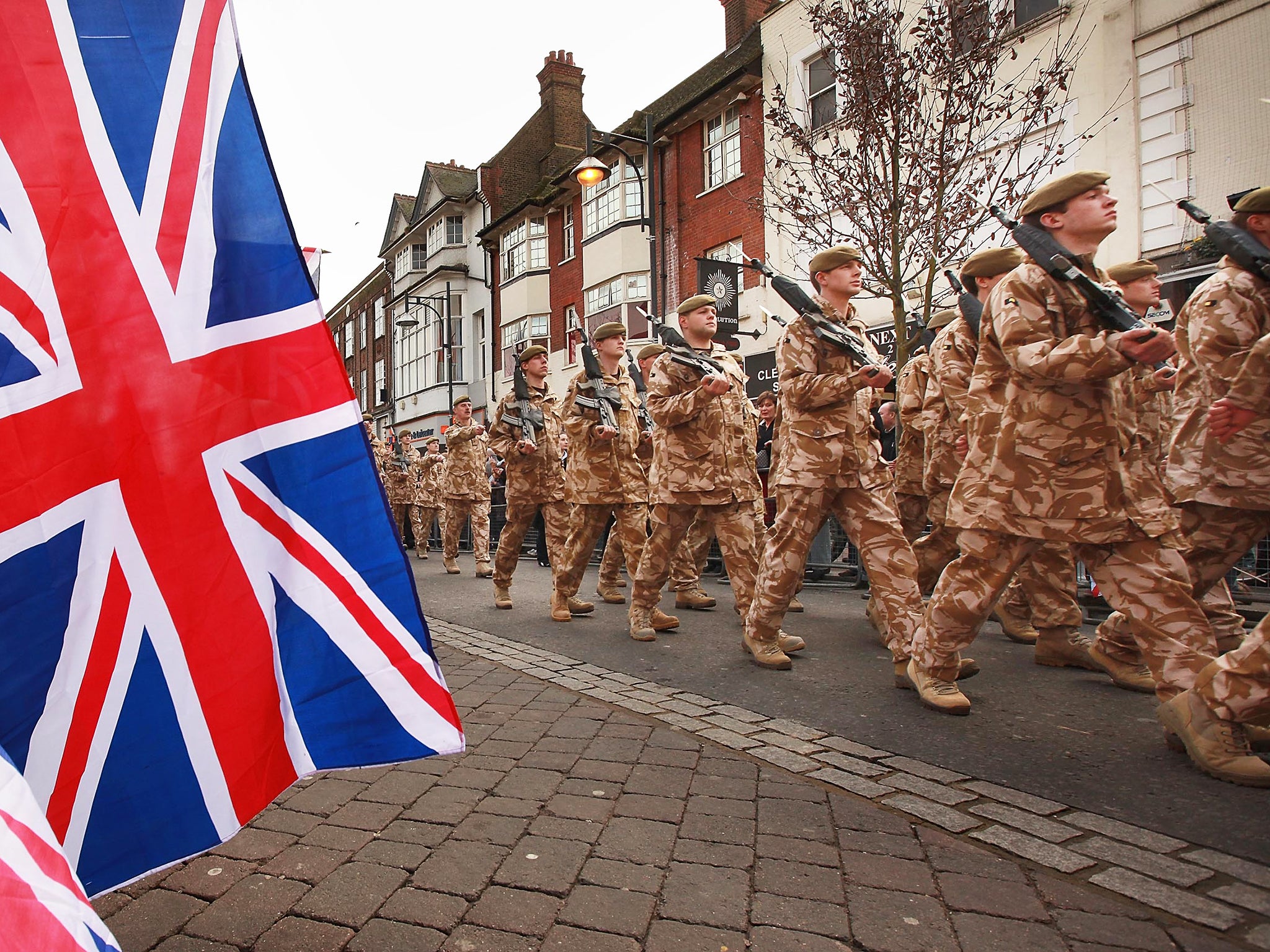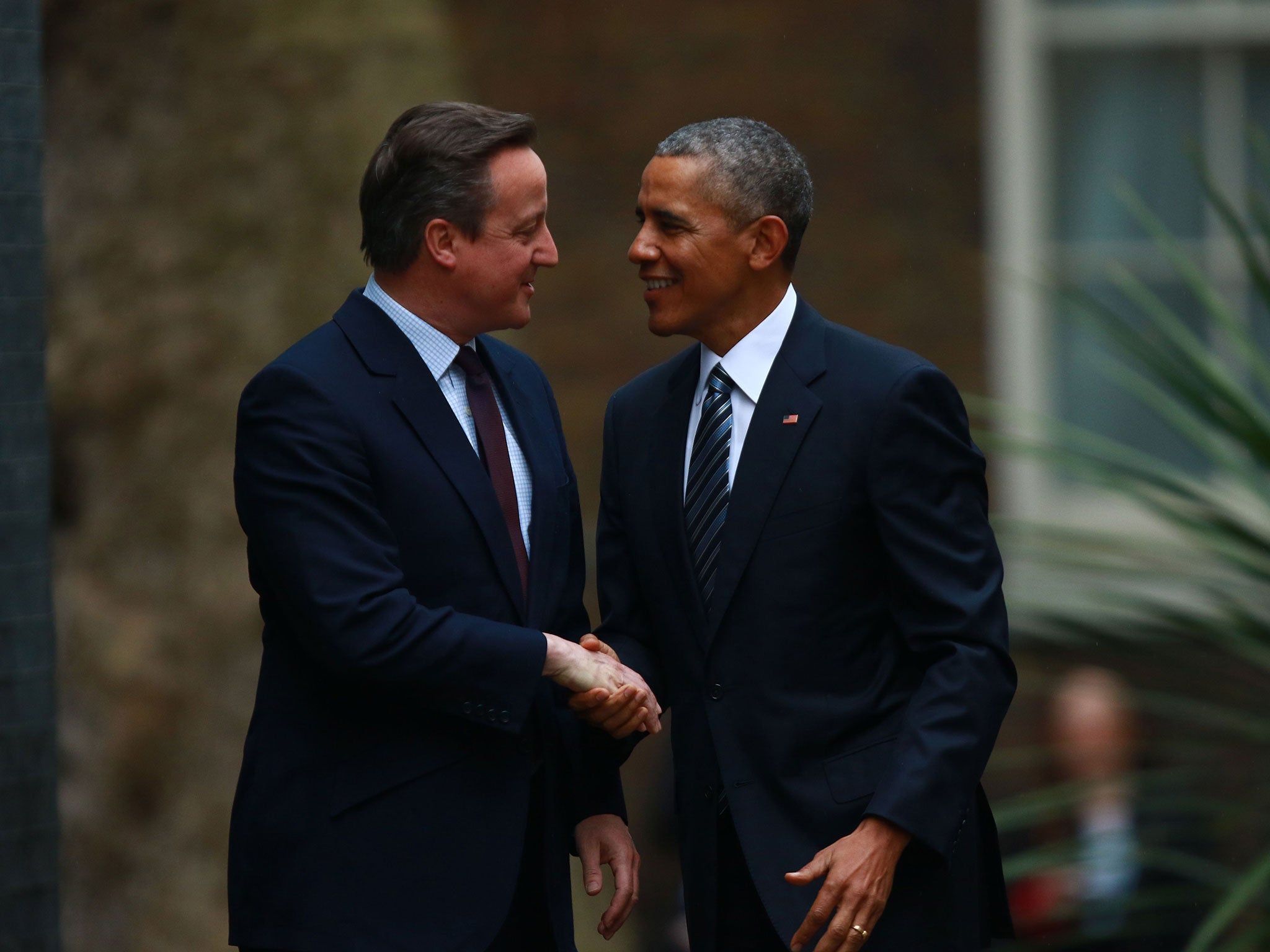Brexit: How will it affect Britain's standing in the world?
The big EU questions: With a month to go before the potentially epoch-making vote on British membership of the EU, the debate so far has been characterised by bias, distortion and exaggeration. So from now until the referendum we will be running a series of question and answer features that will explain the most important issues involved in a detailed, dispassionate way to help inform your decision

Your support helps us to tell the story
From reproductive rights to climate change to Big Tech, The Independent is on the ground when the story is developing. Whether it's investigating the financials of Elon Musk's pro-Trump PAC or producing our latest documentary, 'The A Word', which shines a light on the American women fighting for reproductive rights, we know how important it is to parse out the facts from the messaging.
At such a critical moment in US history, we need reporters on the ground. Your donation allows us to keep sending journalists to speak to both sides of the story.
The Independent is trusted by Americans across the entire political spectrum. And unlike many other quality news outlets, we choose not to lock Americans out of our reporting and analysis with paywalls. We believe quality journalism should be available to everyone, paid for by those who can afford it.
Your support makes all the difference.Is there a European Union foreign and defence policy?
The Common foreign and security policy covers foreign affairs, defence and civilian crisis management. It is in the domain of the European Council, headed by the High Representative for Foreign Affairs who is supported by the European External Action Service. Member states have a veto on policy.
The European Defence Agency, based in Brussels, coordinates proposals, projects and operations. The member states themselves, however, are at present in charge of their overall defence policies and investment.
In the EU’s own words it “is a key player on issues ranging from Iran’s nuclear programme and stabilising Somalia and the wider Horn of Africa to fighting global warming. Its joint foreign and security policy, designed to resolve conflicts and foster international understanding, is based on diplomacy; trade, humanitarian aid, security and defence often play a complementary role.”
Will Britain gain or lose in terms of defence and diplomatic reach by Brexit?

The European Union wants to expand its foreign affairs and defence arms. It says: “The sheer demographic and economic weight of the 28-nation bloc makes it a major power. It is the world’s biggest trader with the world’s second currency, the euro. The trend towards joint foreign policy decisions strengthens its arm.”
To the Brexiteers this is another example of “ever closer union”, the project to create a European super state. They are particularly suspicious of the creation of European armed forces, maintaining that it will be incompetent and, at the same time, undermine Nato and alienate the US.
The Brexiteers also hold that the EU exaggerates its diplomatic capabilities. The final deal with Iran over its nuclear programme involved not the EU but the five permanent members of the US Security Council along with Germany.
The Remain campaign say that talks of a European armed force is alarmist and Britain has no intention of signing up to it. The UK, they say, has the opportunity to play a key role in shaping EU foreign and defence policy by staying inside. EU officials point out that it was Baroness Ashton, a Briton, who laid the initial groundwork for the initial Iran talks and a historic agreement between Serbia and Kosovo when she was the High Representative.
The EU will, in reality, move towards greater integration in foreign affairs and defence with or without the UK. As a senior German government official pointed out last week: “The goal is a European defence union. That is not about competing with Nato, but we need a stronger Europe. If we wait for the Eurosceptics, then we will only go backwards.”
What about the Special Relationship between Britain and the US?

The Obama administration has been making in clear for some time that it wanted Britain to stay in the EU. The President intervened personally, coming to the UK midway through the referendum campaign to state that America wanted its friends and allies to stick together. His words were flattering, such as in stressing the need for British leadership within the EU, but also intimidating, pointing out that the UK would be “in the back of the queue” in getting trade deals with the US if it chooses to leave the EU.
Hillary Clinton is also a strong advocate of the UK staying in the EU, using her former advisor, Jake Sullivan, to say: “Hillary Clinton believes that transatlantic cooperation is essential, and that cooperation is strongest when Europe is united. She has always valued a strong United Kingdom in a strong EU. And she values a strong British voice in the EU.”
This was when Ms Clinton was seen as a certainty to beat Donald Trump to the White House without too much trouble. The latest poll figures show she is still ahead of the presumptive Republican candidate, but a Trump presidency is no longer beyond the realms of possibility. Mr Trump, who will be visiting Britain a day after the referendum, has declared: “I think the migration has been a horrible thing for Europe. A lot of that was pushed by the EU. I would say that they’re better off without it, personally, but I’m not making that as a recommendation: just my feeling.”
Can Britain strike out alone?
The Brexiteers hold the view that Britain, with the world’s fifth largest economy, a member of the UN Security Council and the possessor of a nuclear arsenal, does not need the EU to be a player on the international stage.
Various options exist such as joining NAFTA (North American Free Trade Agreement) if it agrees to take the UK as a member, strengthening trade and strategic relationships with rising powers and even becoming a “ Switzerland with nukes”. There is also the prospect of greater involvement in the G8, G20 and the Organisation for Economic Co-operation and Development (OECD).
Firstly, however, the UK will have to negotiate its departure from the EU. A number of EU governments have warned that Britain will get nothing like an easy ride on this, not least because doing so would encourage exit movements in member states. The Brexiteers argue that the EU cannot afford to take a punitive stance because it needs to trade with Britain.
Joining NAFTA would place the UK strategically firmly in the mid-Atlantic, away from Europe, but this will also include a certain amount of loss of independence, and London will have relatively little leverage in terms of the joining rules.
A “Switzerland with nukes” option does not work because Britain, as we have seen in Iraq, Afghanistan, Kosovo, Libya and elsewhere, wants to continue to flex its military muscle and not just be a financial centre. Forums such as G20, meanwhile, only allows limited avenues to project influence.
Britain can focus on potentially lucrative markets like China and India. But the Chinese have made it clear that they want to deal with the UK as part of an EU block. India, because of historic ties, may be more accessible, but is unlikely to be easy. David Cameron has visited India three times since he became Prime Minister in 2010. Narendra Modi’s visit to Britain last November was the first by an Indian prime minister since 2006. Mr Modi made 28 other foreign trips before coming to Britain. He will be in Washington this week, visiting the White House for the second time in two years. It will be his seventh meeting with President Obama.

The EU referendum debate has so far been characterised by bias, distortion and exaggeration. So until 23 June we we’re running a series of question and answer features that explain the most important issues in a detailed, dispassionate way to help inform your decision.
What is Brexit and why are we having an EU referendum?
Will we gain or lose rights by leaving the European Union?
What will happen to immigration if there's Brexit?
Will Brexit make the UK more or less safe?
Will the UK benefit from being released from EU laws?
Will leaving the EU save taxpayers money and mean more money for the NHS?
What will Brexit do to UK trade?
How Brexit will affect British tourism
What will Brexit mean for British tourists booking holidays in the EU?
Will Brexit help or damage the environment?
Join our commenting forum
Join thought-provoking conversations, follow other Independent readers and see their replies
Comments